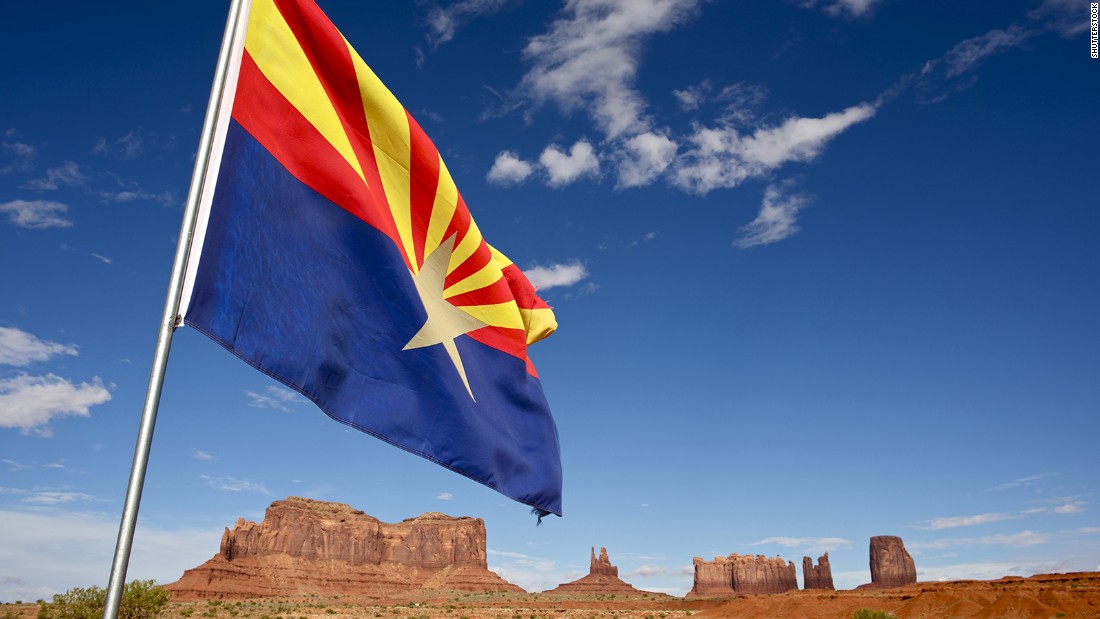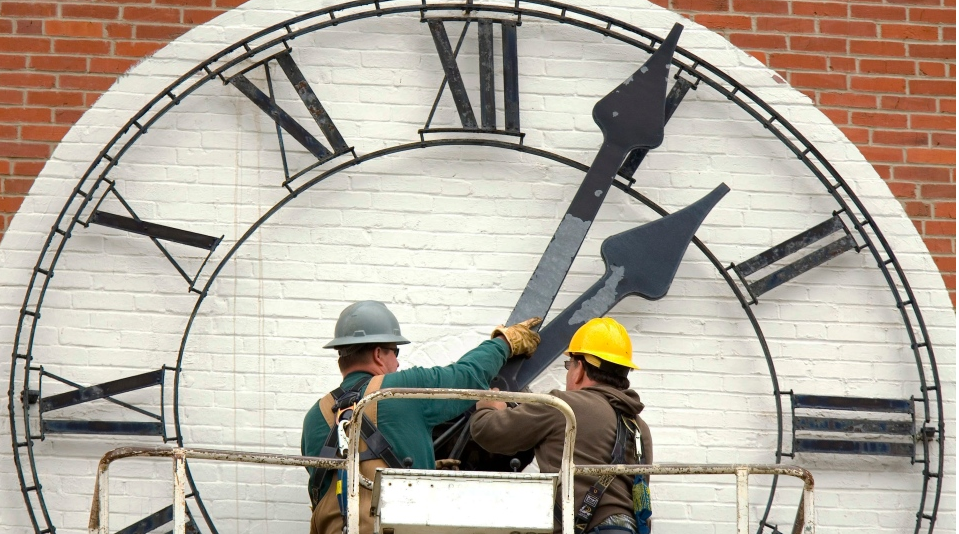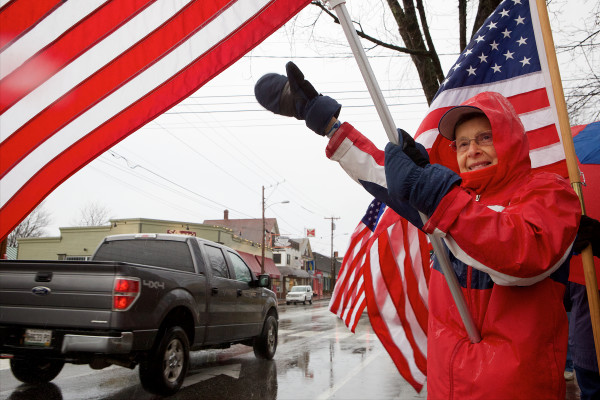There's no question that the long days of summer are behind us and the sun is rising later and setting earlier. Whether it's your dark commute into work in the morning or having to turn the light on to let your pup go outside after dinner, the shorter days are a reminder that winter is coming.
As people across the country prepare to turn their clocks back an hour for daylight savings time, two states are resisting the long-standing winter tradition.
The idea of springing forward and falling back dates back to 1895 as a way to save money on energy needs and how the season change impacts our health.
Right now both Arizona and Hawaii have a difficult relationship with Daylight Saving Time. Hawaii has brushed off the tradition completely, while in Arizona it's a complicated issue.
In Arizona the scorching temperatures often make night the more bearable time to be outside, so they have chosen to not shift their clocks around because people would prefer to be out when its dark.
"In the summer, everybody loves to have an extra hour of daylight in the evening so they can stay out another hour," Prerau explains. In Arizona, it's just the opposite, he says. "They don't want more sunlight, they want less."
Not all areas of Arizona however, have done away with the time change. The Navajo Nation in northeastern Arizona still observes it. However, the Hopi Reservation which is entirely surrounded by the Navajo Nation, does not.
Now there are two more states to add to the list of places looking to abolish Daylight Saving Time.
Massachusetts and Maine have been considering doing away with daylight saving time. Since they're located so far to the north-east, the sun can set as early as 4 PM which raises concerns with health experts. It's actually been suggested that the states join the Atlantic time zone, getting an extra hour of sunlight in the afternoon.
"Why do we keep doing this to ourselves?" asks Donna Bailey, a Democratic state representative in Maine. She sponsored a failed bill to make the change. Admitting that much of what has kept both the states in the time zone was simply to do with tradition and their failure to change.
"The practical matter is this is something that has been in place and does not change easily," she said.
A state commission in Massachusetts has been pulling over the same issue, and the 11-person panel could make a "data-driven case for moving to the Atlantic Time Zone year-round," the commission said in a report.
If the time change did happy, school start time would likely need to be pushed back to accommodate the difference of Massachusetts schools.
They argue that the "positive benefits" outweigh the possible costs.
There has to be a better way," Tom Emswiler, a public health advocate said.
What do you think about Daylight Savings Time? Do you think we should get rid of it?
Source: People / NBC News / National Geographic






